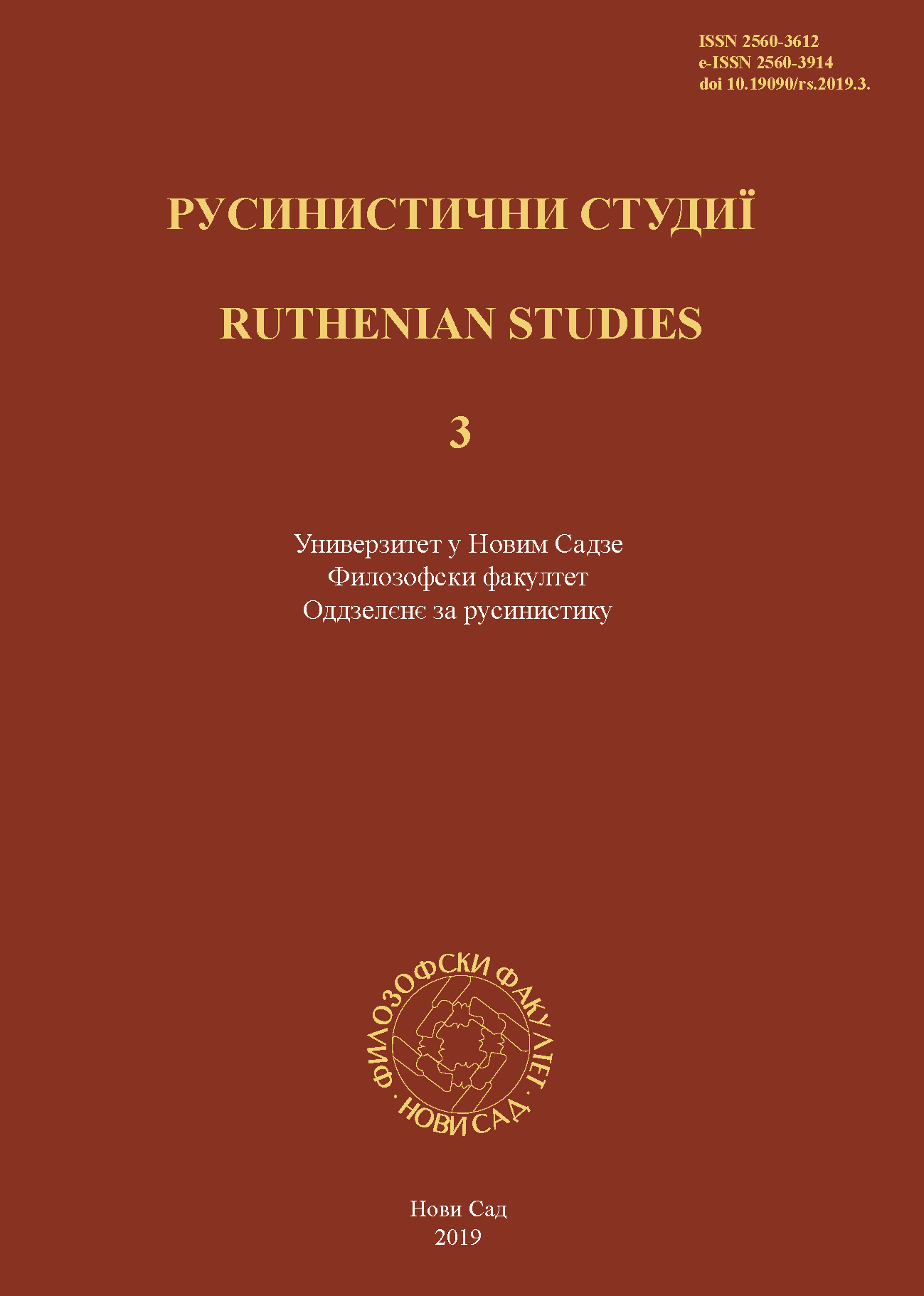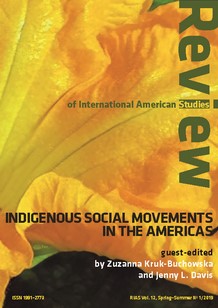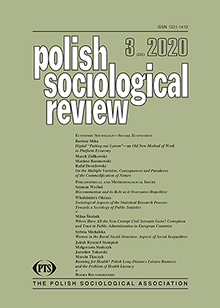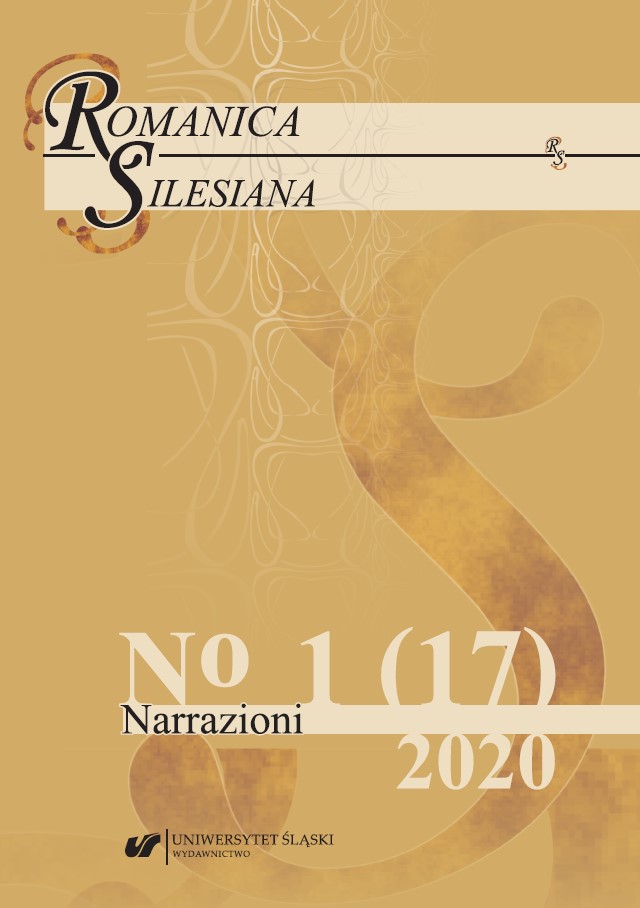
ДОМ У ТВОРЧОСЦИ МИХАЙЛА КОВАЧА
Mihajlo Kovac has taken over matrix of authorized Ukrainian myth from Taras Shevchenko. That is the base on which he had build his own literary work and had created his own myth of homeland of Ruthenians. Hrihorij Hrabovich defined Shevchenko's Ukrainian myth and showed that in Shevchenko's poetry Ukraine didn't exist in historical continuity, but in mythological. That is the very similar way in which homeland is defined in Kovach's literary works. Homeland in Kovach's myth presents complex term. In the narrowest sens of the term, homeland presents birth house or home, that is the only one place in the world where Kovach's characters feel safe. Then, this term presents village in which this house is placed and where Ruthenians live organized. In the end, the term of homeland presentes historical homeland of Ruthenians − Ukraine. The aim of this paper is to present home as a microcosmos and as a cosmogonic symbol in Kovach's myth. Mirca Eliade definies difference between sacred space and profane space, and shows that sacred space has existential value for religious man. This paper shows that in the case of Kovach's myth of homeland, home is sacred place for characters who believe in this myth and who truly live it
More...


